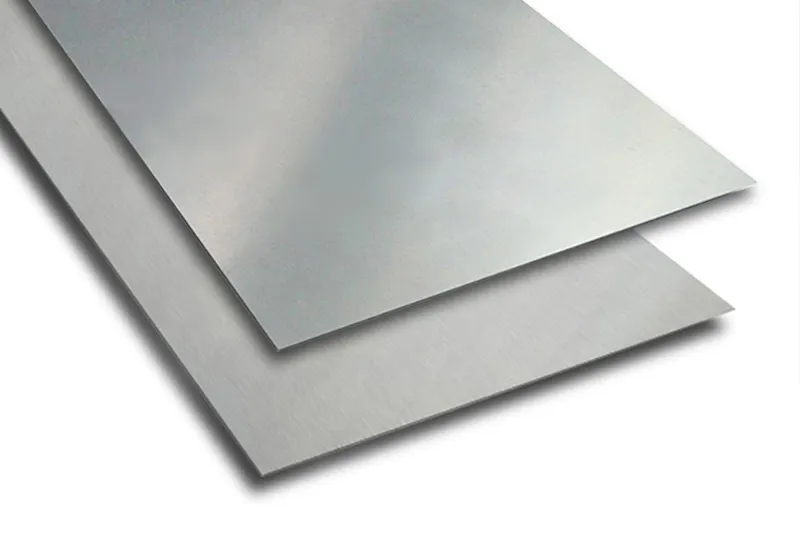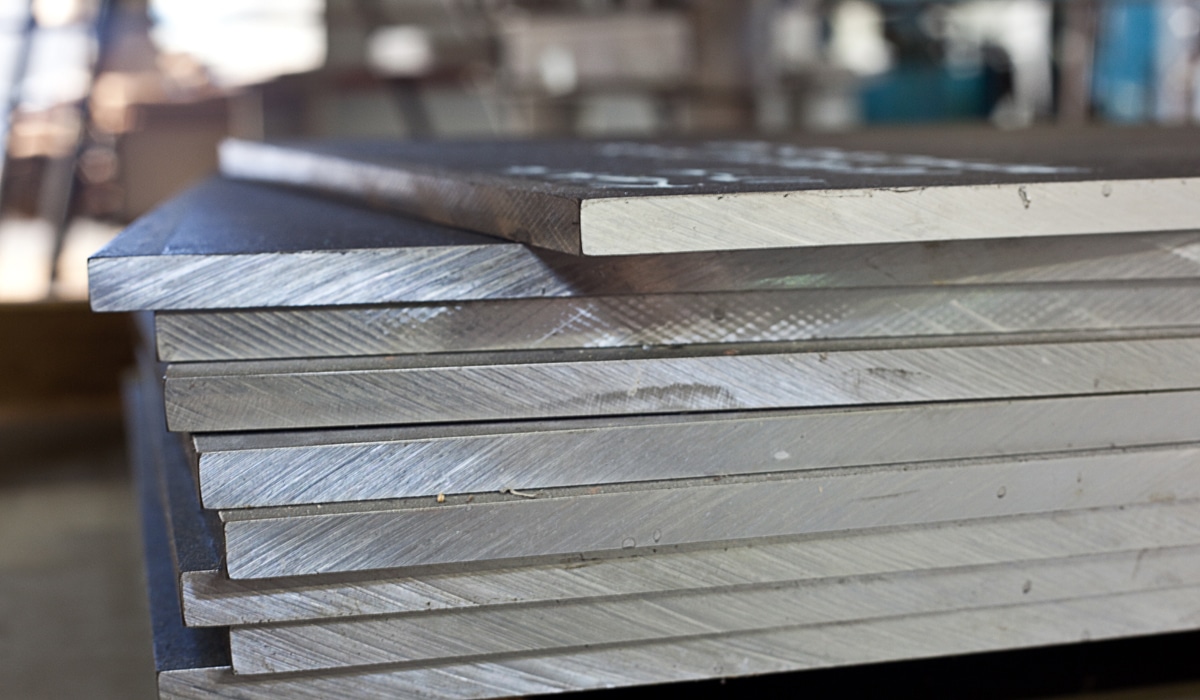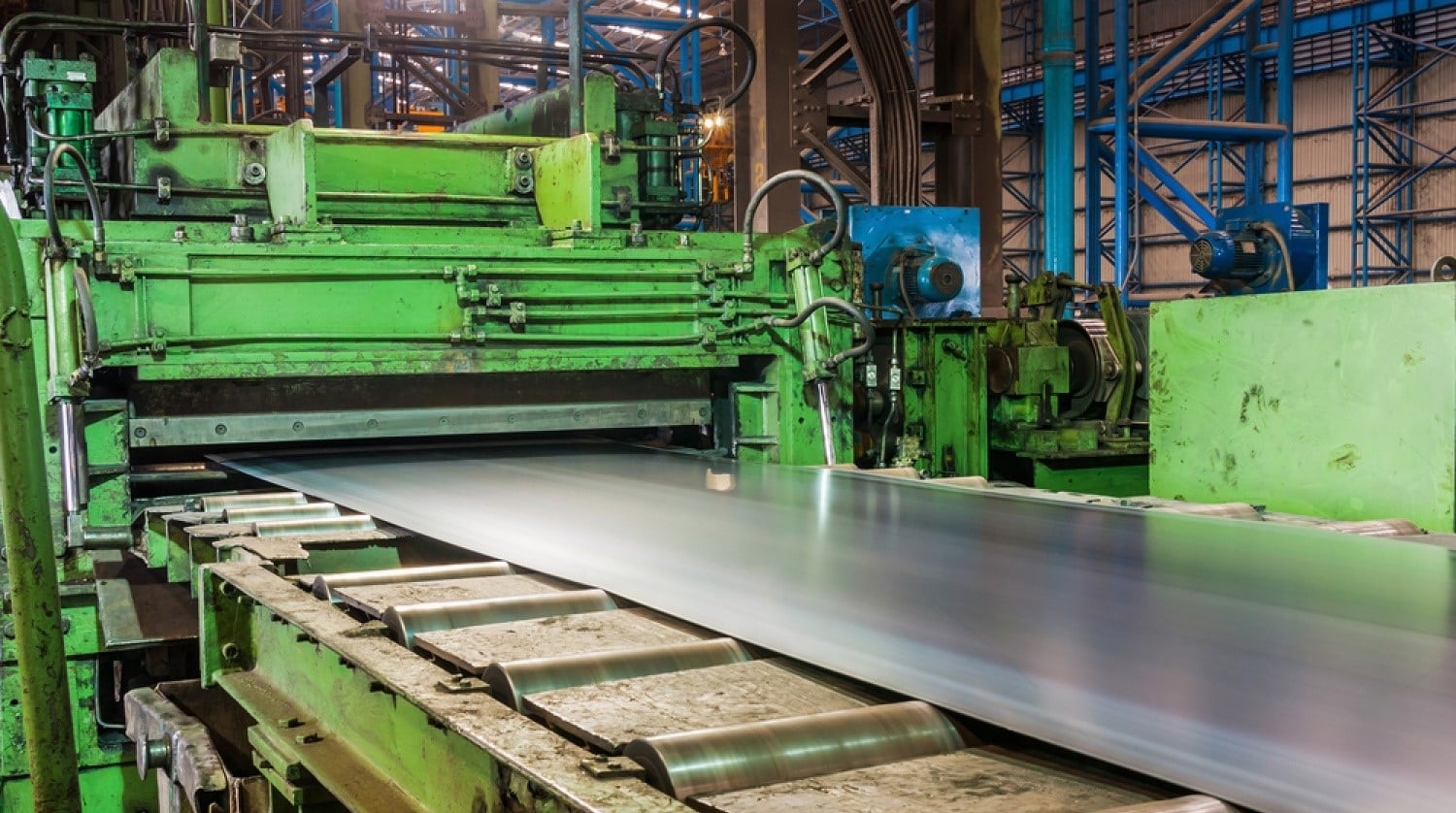Steel Plates Supplier In India
Steel plates are essential components used in various industries for their durability, strength, and versatility. At Sachiya Steel International, we are committed to providing top-quality steel and Chequered Plates that meet the highest industry standards. In this article, we will explore the different types of steel plates, their applications, and the benefits they offer. Whether in construction, manufacturing, or any other industry, this guide will help you understand steel plates and make informed project decisions.
Steel plates are crucial in various industries, providing structural support, strength, and durability to various applications. Sachiya Steel International, a trusted supplier, offers an extensive selection of steel plates, ensuring high-quality materials for your projects. Whether you’re building bridges, constructing machinery, or fabricating structures, steel plates are essential components you can rely on for their superior performance.
What Is Steel Plates?
Steel plates are flat sheets of steel often used as structural components or base materials in construction, manufacturing, and other industries. They are manufactured through hot or cold rolling, resulting in different thicknesses and dimensions. Steel plates come in various grades, each offering specific properties suitable for different applications.
Types of Steel Plates:
3.1 Carbon Steel Plates: Carbon steel plates are the most common type of steel plates available. They contain a higher carbon content, providing excellent strength and toughness. Carbon steel plates, such as buildings, bridges, and machinery, are widely used in structural applications.
3.2 Stainless Steel Plates: Stainless steel plates are corrosion-resistant and offer excellent durability and aesthetic appeal. They are commonly used in the food processing, pharmaceutical, and chemical industries, where hygiene and resistance to corrosion are crucial.
3.3 Alloy Steel Plates: Alloy steel plates are made by adding chromium, nickel, or molybdenum to carbon steel, enhancing their mechanical properties. These plates are often used in high-stress applications, such as pressure vessels, oil and gas pipelines, and offshore structures.
3.4 High-Strength Low-Alloy (HSLA) Steel Plates: HSLA steel plates are known for their superior strength-to-weight ratio. They provide excellent weldability and formability while offering higher tensile strength than carbon steel plates. HSLA steel plates are commonly used in construction equipment, transportation, and structural applications.
Applications of Steel Plates:
4.1 Construction Industry: Steel plates are extensively used in the construction industry for various applications. They are used to fabricate beams, columns, and trusses for structural support. Steel plates are also used to construct bridges, highways, and buildings, providing the necessary strength and stability.
4.2 Manufacturing Industry: In the manufacturing industry, steel plates find applications in producing machinery, equipment, and components. They are used to manufacture heavy machinery, storage tanks, and industrial tools. Steel plates are also used in the automotive industry to fabricate vehicle frames and body parts.
4.3 Shipbuilding Industry: Shipbuilding requires materials that can withstand harsh marine environments. Steel plates with excellent corrosion resistance and high strength are used to construct ships and offshore structures. They ensure vessels’ structural integrity and durability, making them suitable for challenging maritime conditions.
4.4 Energy Sector: Steel plates are crucial in the energy sector for applications such as power plants, oil refineries, and pipelines. They are used to construct pressure vessels, storage tanks, and other critical components that handle high temperatures and pressures. Steel plates ensure the safe and efficient operation of energy infrastructure.
Benefits of Steel Plates:
5.1 Strength and Durability: Steel plates offer exceptional strength and durability, making them ideal for demanding applications. They can withstand heavy loads and extreme conditions, ensuring long-lasting performance.
5.2 Versatility: With a wide range of grades and dimensions available, steel plates offer versatility in various industries. They can be tailored to specific requirements, providing flexibility and adaptability for different applications.
5.3 Corrosion Resistance: Certain types of steel plates, such as stainless steel, exhibit excellent corrosion resistance. This makes them suitable for applications where exposure to moisture or chemicals is common.
5.4 Cost-Effective: Despite their superior properties, steel plates are cost-effective compared to alternative materials. Their long lifespan and low maintenance requirements contribute to overall cost savings.
5.5 Recyclability: Steel plates are highly recyclable, making them an environmentally friendly choice. They can be repurposed and reused, reducing the demand for new raw materials and minimizing waste.
Chequered Plates: Overview:
Chequered plates, also known as Chequered plates or tread plates, are steel plates with a raised pattern of lines or diamonds on the surface. This pattern provides slip resistance and prevents accidents caused by slippery surfaces. Chequered plates are commonly used in flooring, stairs, and walkways where traction is essential.
Chequered Plate Applications:
7.1 Construction Industry: In the construction industry, Chequered plates are widely used for flooring in areas prone to slip hazards. They provide a safe walking surface, especially in industrial buildings, factories, and warehouses.
7.2 Transportation Sector: Chequered plates find applications in the transportation sector, particularly trailers, truck beds, and loading docks. The raised pattern enhances grip and prevents cargo or vehicles from sliding during transportation.
7.3 Architectural Applications: Chequered plates add a decorative element while offering slip resistance in architectural and interior design. They are used in staircases, ramps, and other areas where safety and aesthetics are important.
7.4 Industrial Platforms: Industrial platforms, such as oil rigs and refineries, require sturdy flooring that can withstand heavy loads and provide traction. Chequered plates are commonly used in these environments to ensure worker safety.
FAQ’s:
What is the maximum thickness available for steel plates?
Steel plates are available in various thicknesses, ranging from a few millimeters to several inches. The maximum thickness can vary depending on the type of steel and the supplier. Contact Sachiya Steel International for specific thickness requirements.
Can steel plates be cut to custom sizes?
Steel plates can be cut to custom sizes based on your project’s specifications. Sachiya Steel International offers cutting services to provide the exact dimensions you need.
Are steel plates suitable for outdoor applications?
Yes, steel plates are commonly used in outdoor applications. However, certain steel plates, such as stainless steel, offer better corrosion resistance and are recommended for prolonged exposure to moisture or harsh weather conditions.
How are Chequered plates manufactured?
Chequered plates are manufactured through a process called rolling. Steel plates are passed through a rolling mill equipped with a patterned roller, which imparts the raised pattern on the surface.
Can Chequered plates be used in wet environments?
Chequered plates are designed to provide slip resistance, even in wet or slippery environments. The raised pattern on the surface enhances traction, reducing the risk of accidents.
What is the difference between Chequered plates and plain steel plates?
Chequered plates have a raised pattern on the surface, while plain steel plates have a smooth surface. The raised pattern on Chequered plates provides slip resistance, making them suitable for applications where traction is important.
Conclusion:
Steel and Chequered plates are essential in various industries, providing strength, durability, and versatility for countless applications. As a trusted supplier, Sachiya Steel International offers high-quality steel plates that meet industry standards. Whether you need carbon steel, stainless steel, or alloy steel plates, we have you covered. Our commitment to quality and customer satisfaction ensures that you receive the best project materials. Please browse our catalog or contact us today to discuss your steel plate requirements.
Steel plates
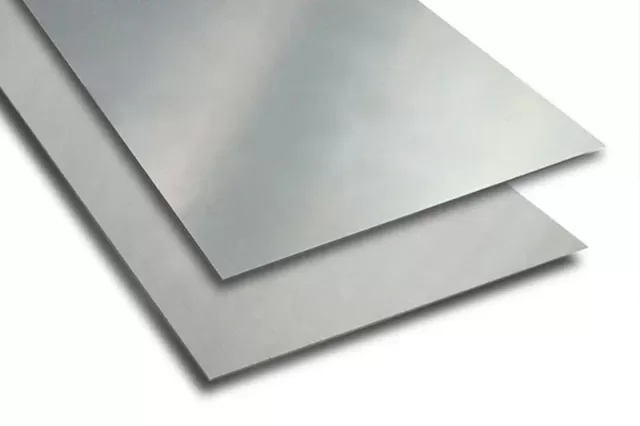
Steel plates are essential components used in various industries for their durability, strength, and versatility. At Sachiya Steel International, we are committed to providing top-quality steel and chequered plates that meet the highest industry standards. In this article, we will explore the different types of steel plates, their applications, and the benefits they offer. Whether in construction, manufacturing, or any other industry, this guide will help you understand steel plates and make informed project decisions.
Product Brand: Sachiya Steel International
Product Currency: INR
Product Price: 80
Price Valid Until: 2025-05-31
Product In-Stock: InStock
5

